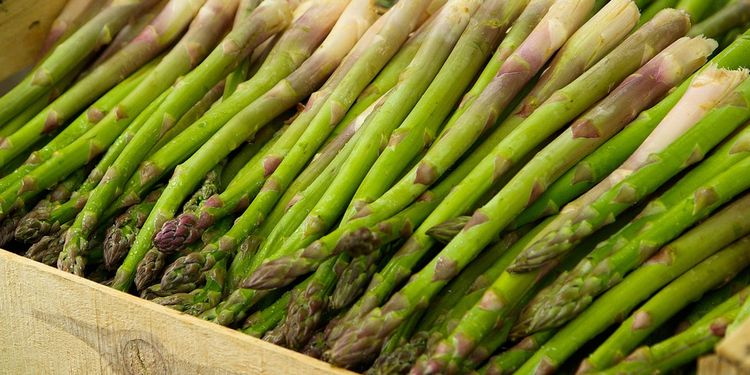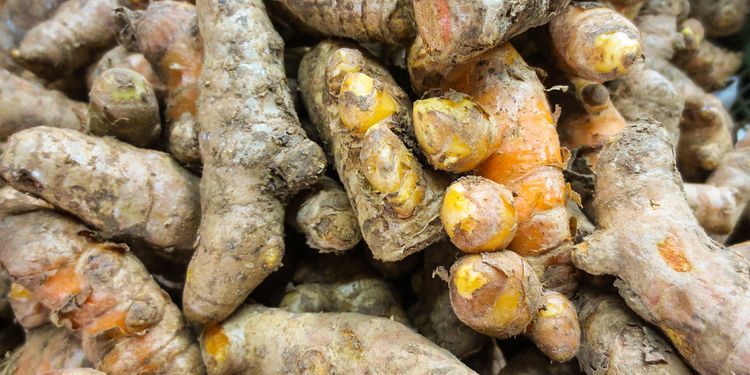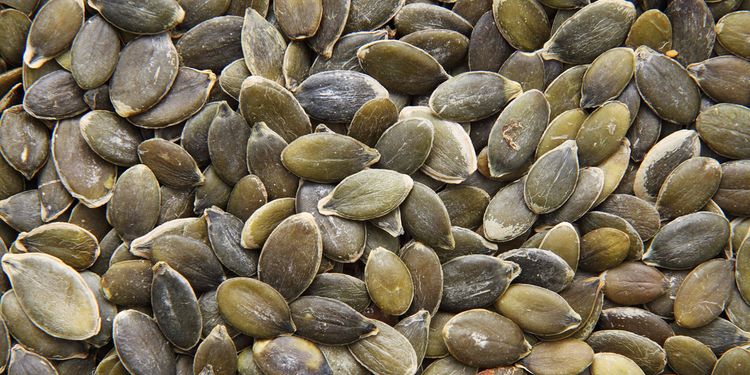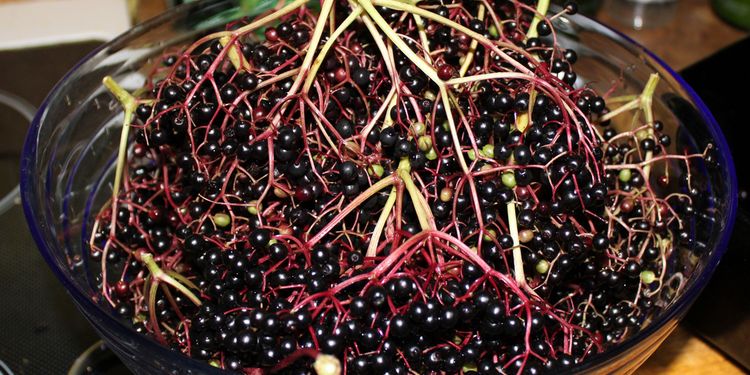17 Must-Know Tips To Wipe Out A Cold Or Flu

Getting the occasional cold is something everyone finds annoying. The runny nose, congestion, sneezing, coughing, sore throat, and watery eyes might slow you down, but usually you can keep functioning. The flu has all of those symptoms plus a fever, chills, and body aches, and can really knock you out for days at a time. With so many different viruses that can cause these conditions, your best way to avoid or shorten them is to follow a few must-know tips.

1) Wash Your Hands Well And Often
Seems old-fashioned and simple, but it works, and sometimes the obvious things make all the difference. There is, however, a definite protocol to follow here—none of this running your hands under cold water for two seconds and thinking you’ve done enough. First of all, you want to avoid touching your eyes, nose, and mouth without first washing your hands, because those are all pathways for viruses to get into your body. When you wash your hands, use soap and warm water and scrub them well for 20 seconds.

2) Take Care of Your Gut
Researchers estimate that approximately 80% of your immune system activity takes place in your gut, so keeping your gut flora balanced and healthy is critical to maintaining robust immune function. Besides not eating highly processed foods that can wreak havoc on your microbiome, you can proactively boost gut health by making sure you eat plenty of natural fermented products rich in probiotics, such as yogurt (but without tons of added sugar), sauerkraut, kimchi, and so on. You can also take a probiotic supplement.

3) Minimize Alcohol and Sugar Consumption
This one is short and sweet (pun intended). The plain fact of the matter is that both alcohol and sugar suppress your immune system. Minimizing both will do you a world of good during cold and flu season.

4) Minimize Stress
Stress affects your immune system in much the same way as alcohol and sugar, suppressing it when you need it most. This explains why so many people get sick during the holiday season (well, at least the ones who find the holidays more stressful than relaxing).

5) Get Some Sleep
Most people really don’t get enough sleep. Those people who say they can “get by” on a few hours are kidding themselves, and their bodies will pay the price over time by getting sick much more often than people who get enough sleep. And yes, by “enough,” you’re looking at seven to eight hours. When you try to squeeze more out of your day by shortchanging your sleep, your health inevitably takes a nose-dive.

6) Consume Glutathione
Glutathione is the most prevalent antioxidant found in the human body, which means it plays a major role in neutralizing free radicals. Glutathione supports just about every system in the body, but especially your immune system. It helps to keep vitamins C and E active, both of which are also antioxidants. Glutathione is also in every cell in your body and helps protect against pathogens, toxins, and inflammation. Foods high in glutathione include asparagus, spinach, garlic, avocado, squash, zucchini, grapefruit, strawberries, and peaches.

7) Add Turmeric To Your Diet
Turmeric contains an orange pigment called curcumin that happens to be a powerful antioxidant. And you can get plenty of turmeric by cooking with it. It’s often called for in Indian curries, but you can experiment by adding a little to all sorts of different dishes – scrambled eggs, frittatas, omelets, soups, roasted veggies and rice dishes. Curcumin boosts cardiovascular function, supports healthy joints, aids in maintaining a healthy inflammatory response, and boosts your body’s overall immune response.

8) Get Your Vitamin C
Vitamin C, yet another antioxidant, has long been held to be a nice way to boost your immune system. To get the most out of vitamin C, however, you need to be able to absorb it, which in turn means keeping your gut flora healthy, as previously mentioned. Constant stress, by the way, depletes vitamin C, as does smoking. Vitamin C helps optimize your immune system and supports healthy collagen production.

9) Don’t Forget Vitamin D
There’s a worldwide vitamin D deficiency epidemic, which is too bad, since it plays a key role in immune health. After calcitriol (the active metabolite of vitamin D3) has been synthesized from calcifediol in the kidneys, it increases glutathione levels in the brain and spurs glutathione production, which was highlighted in a previous tip. Vitamin D helps calcium get absorbed into your bloodstream, which is why it’s long been associated with increased bone density. If you can’t get enough sunshine to get your daily dose of vitamin D, make a powerhouse food like sardines part of your regular diet.

10) Don’t Leave Out Vitamin A
There’s a secret to optimizing vitamin D, which happens to be taking it with vitamin A. These two vitamins do their best immune-boosting work when they’re paired together, which is why cod liver oil prepared through fermentation is so great—it naturally contains a perfect balance of both vitamins A and D. Foods such as beef liver, carrots, sweet potato, kale, spinach, broccoli, butter and eggs are all excellent sources of vitamin A.

11) Zinc Is Mighty Important
Zinc is a fantastic antioxidant and immune system booster, and few people get enough of it naturally. If you want to get it in your diet, eat oysters, pomegranate, avocados and berries. Zinc supports all kinds of essential processes in the body, including growth, taste acuity, reproductive health, and metabolism.

12) Selenium Will Regulate Your Immune System
Most people get enough selenium from their diet, but when cold and flu season comes around, adding a modest selenium supplement is an idea worth considering. Selenium specifically boosts the production of anti-bodies, your body’s main form of protection against pathogens, and is great at taking out free radicals.

13) Iodine For Thyroid Health
Because more and more people are taking iodized salt out of their diets, many people now aren’t getting enough iodine, which plays an important part in maintaining your immune system. If you don’t eat sea vegetables, fish heads, or pasture-raised dairy products, you should supplement with 1mg daily of iodine from kelp capsules, unless you’re iodine-intolerant due to autoimmune thyroid diseases such as Hashimoto’s or Graves’.

14) Brew Some Fresh Ginger Tea
This one is hard for some people because in order for it to work, it has to be really strong. The anti-viral power of strong fresh ginger tea can actually knock viruses right out of you when you feel symptoms coming on. If you have a juicer, use it to juice several pounds of ginger and keep the juice in your fridge. Combine a few ounces of it with the juice from half a lemon, a tablespoon of honey, and a bit of cayenne pepper in six ounces of hot water. Do this a few times a day and it’ll work wonders.

15) Take Elderberry Syrup
Elderberry syrup has turned out to be one of the best immune system boosters among botanicals. If you start feeling like you’re coming down with something, take a teaspoon twice daily.

16) Take Herbal Antivirals
If you do wind up with the flu or a nasty cold, there are a number of antiviral herbs that can help you shorten your illness. Grab tinctures of lomatium, red root, licorice, and isatis. For each one part of isatis, add two parts of the others. Put 30-60 drops in a few ounces of water and enjoy, repeating hourly until you start to feel better.

17) Exercise Smart, Not Excessively
Moderate exercise boosts your immune system by improving circulation to carry those antibodies everywhere your body needs them. Exercise also greatly reduces stress levels that can wreak havoc on your immune system. Going overboard with exercise, however, can wind up causing more stress than it relieves.
